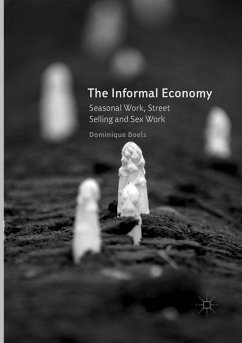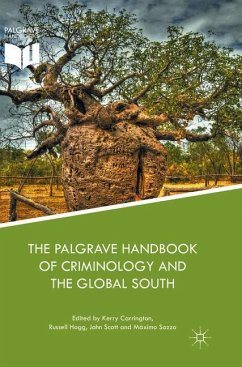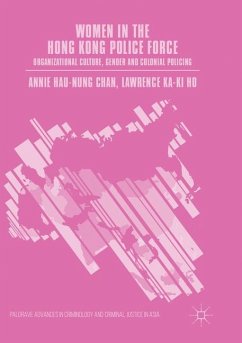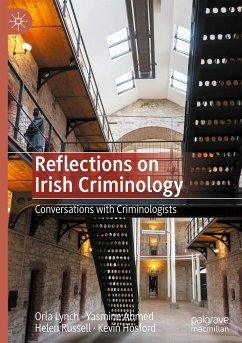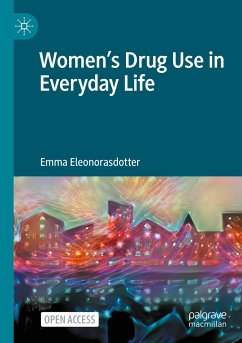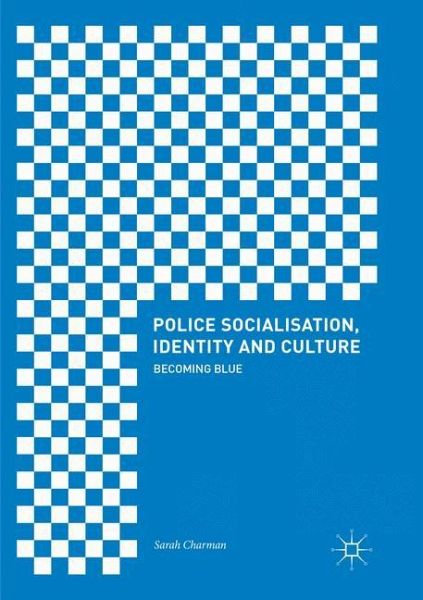
Police Socialisation, Identity and Culture
Becoming Blue
Versandkostenfrei!
Versandfertig in 6-10 Tagen
113,99 €
inkl. MwSt.
Weitere Ausgaben:

PAYBACK Punkte
57 °P sammeln!
This book reinvigorates the debate about the origins and development of police culture within our changing social, economic and political landscape. An in-depth analysis and appreciation of the police socialisation, identity and culture literature is combined with a comprehensive four-year longitudinal study of new recruits to a police force in England. The result offers new insights into the development of, and influences upon, new police recruits who refer to themselves as a "new breed" of police officer. Adding significantly to the police culture literature, this original and empirically ba...
This book reinvigorates the debate about the origins and development of police culture within our changing social, economic and political landscape. An in-depth analysis and appreciation of the police socialisation, identity and culture literature is combined with a comprehensive four-year longitudinal study of new recruits to a police force in England. The result offers new insights into the development of, and influences upon, new police recruits who refer to themselves as a "new breed" of police officer. Adding significantly to the police culture literature, this original and empirically based research also provides valuable insights into the challenges of modern policing in an age of austerity. Scholars of policing and criminal justice, as well as police officers themselves will find this compelling reading.







